Deck & Commander Strategies
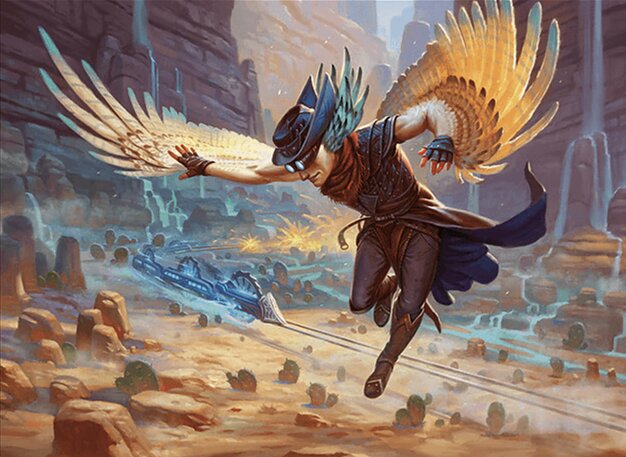
Malcolm, the Eyes
Control and card advantage through clues and counterspells, utilizing spells like Memory Lapse and subtlety to disrupt opponents while continuously drawing cards to maintain tempo and pressure.
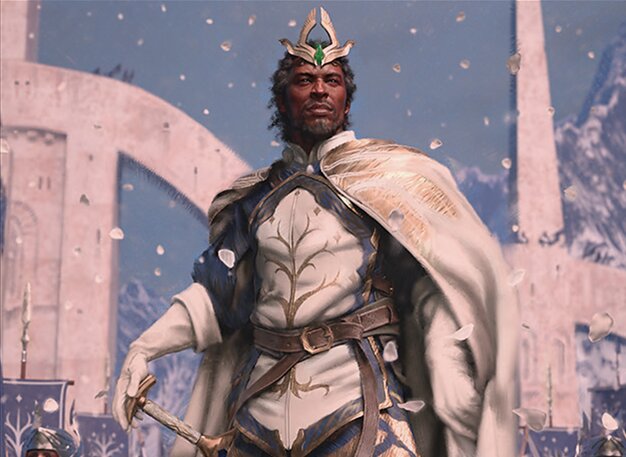
Aragorn, King of Gondor
Aggressive midrange with disruptive creatures and efficient removal, aiming to quickly establish board presence and pressure opponents while using tempo plays and counterspells to maintain control of the game state.
Gameplay Insights
- 1
Using Memory Lapse to counter key threats while drawing cards allowed Malcolm to maintain control and disrupt Aragorn’s tempo.
- 2
Subtlety’s ability to deal incremental damage each turn created a lethal clock, forcing Aragorn into difficult decisions.
- 3
Aragorn's play of putting himself on top of the deck without haste was a questionable tempo loss, highlighting the importance of maximizing immediate impact in Duel Commander.
- 4
The strategic use of clues and draw engines by Malcolm ensured a steady flow of answers and pressure, demonstrating the power of incremental advantage in controlling the game.
- 5
Counterspell sequences involving Force of Will and Force of Negation were crucial in preventing early game snowballing by Aragorn.
Notable Cards
-

Force of Will
-

Force of Negation
-
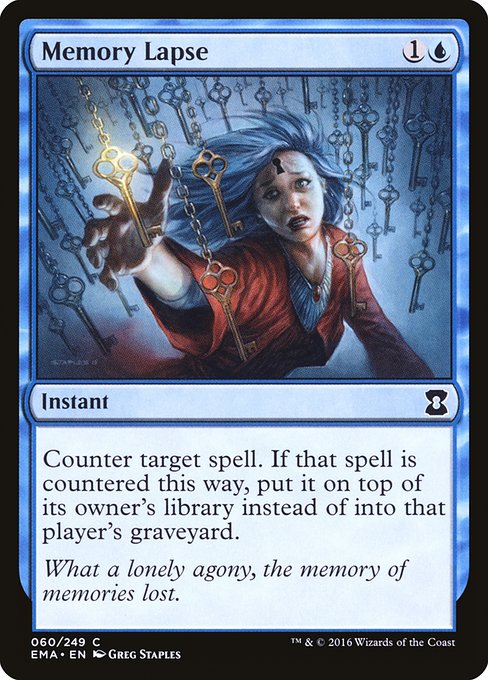
Memory Lapse
-
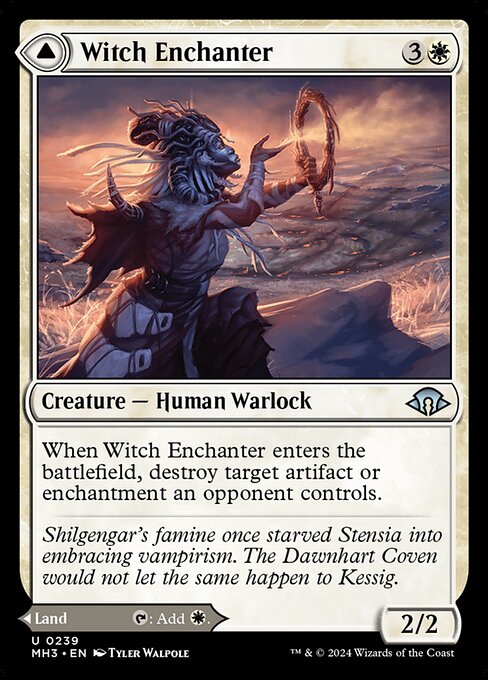
Witch Enchanter // Witch-Blessed Meadow
-
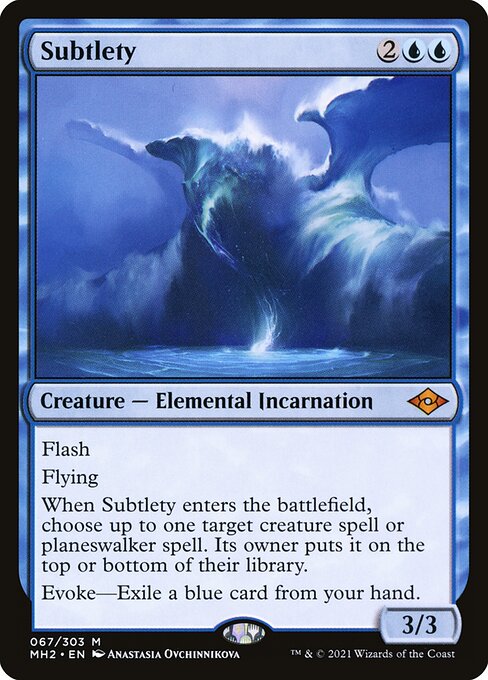
Subtlety
-

Thundering Falls
-
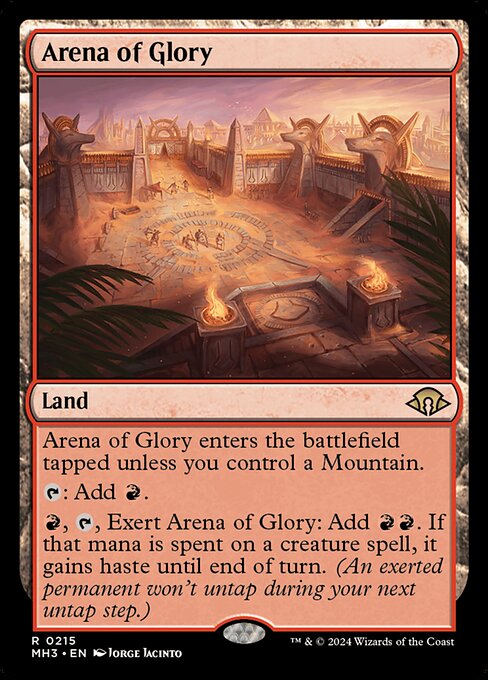
Arena of Glory
-
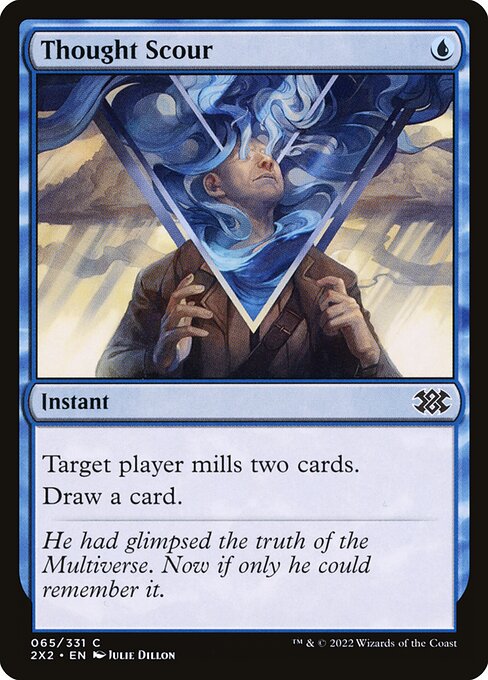
Thought Scour
Gameplay Summary
The Duel Commander match between Malcolm, the Eyes and Aragorn, King of Gondor showcased a tense battle between Jeskai and Izzet colors, featuring strong interaction and tempo swings.
Early plays included key counterspells like Force of Will and Force of Negation, which shaped the flow of the game by disrupting critical threats and spells.
Aragorn leveraged efficient creatures and disruptive spells to apply pressure, while Malcolm used clues and card draw engines like Witch Enchanter and Memory Lapse to maintain card advantage and control the board.
A pivotal moment occurred when Malcolm cast subtlety and then used Memory Lapse to counter Aragorn’s threats, establishing a clock that pressured Aragorn to find answers quickly.
Despite a solid board presence, Aragorn struggled to break through Malcolm’s defenses and card advantage.
Malcolm capitalized on this by chaining card draw and controlling the tempo, eventually forcing Aragorn into suboptimal plays that led to Malcolm’s victory.























